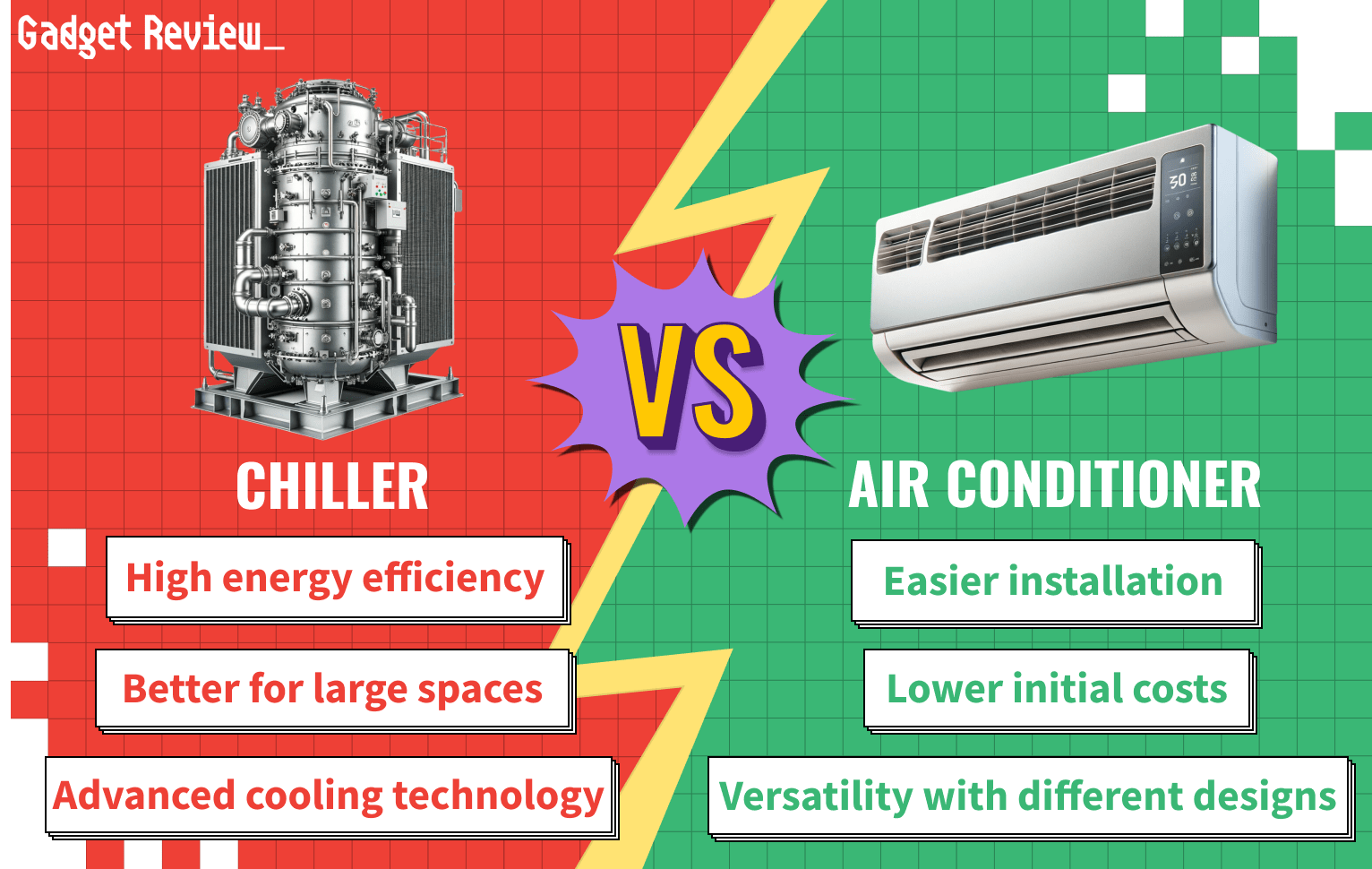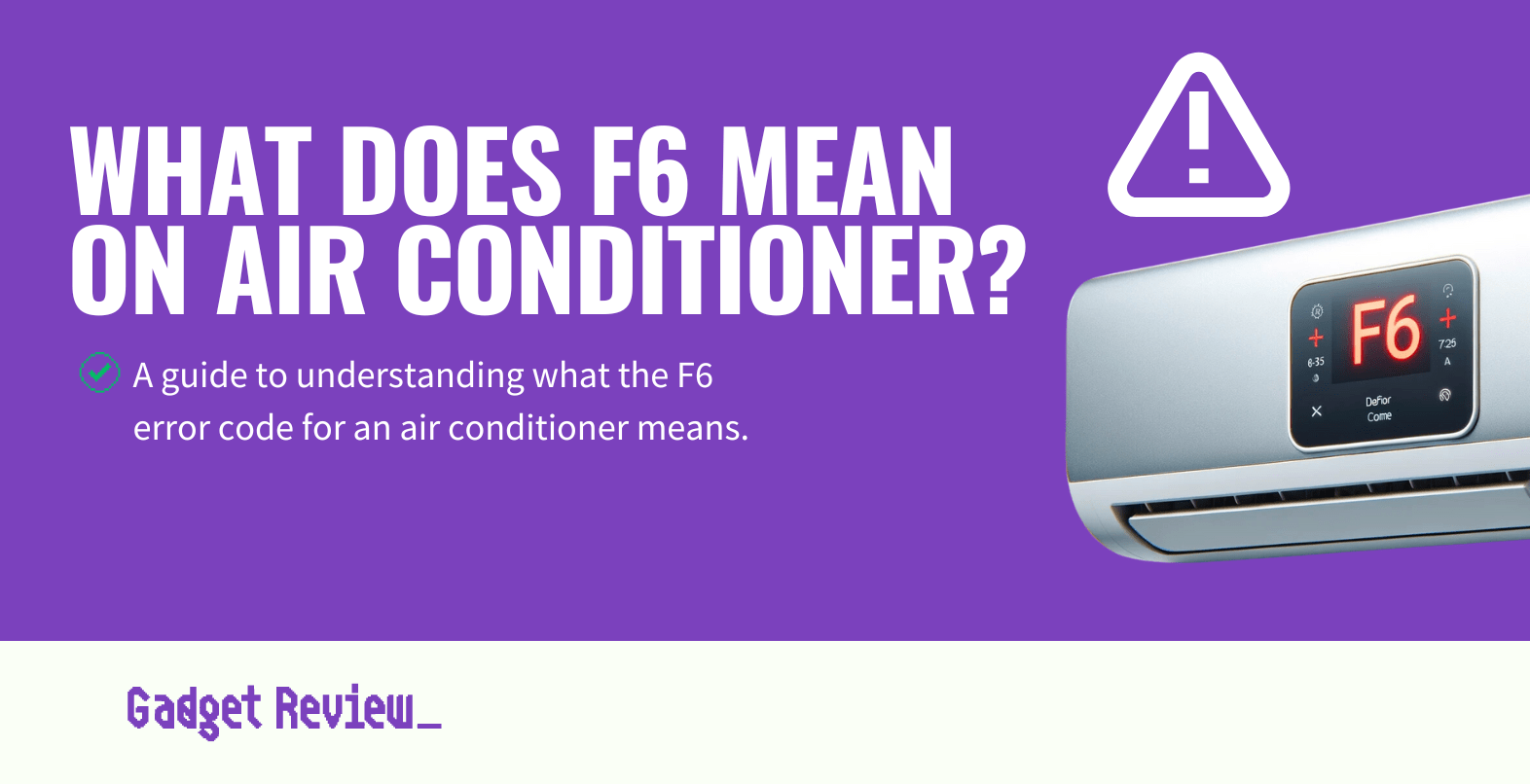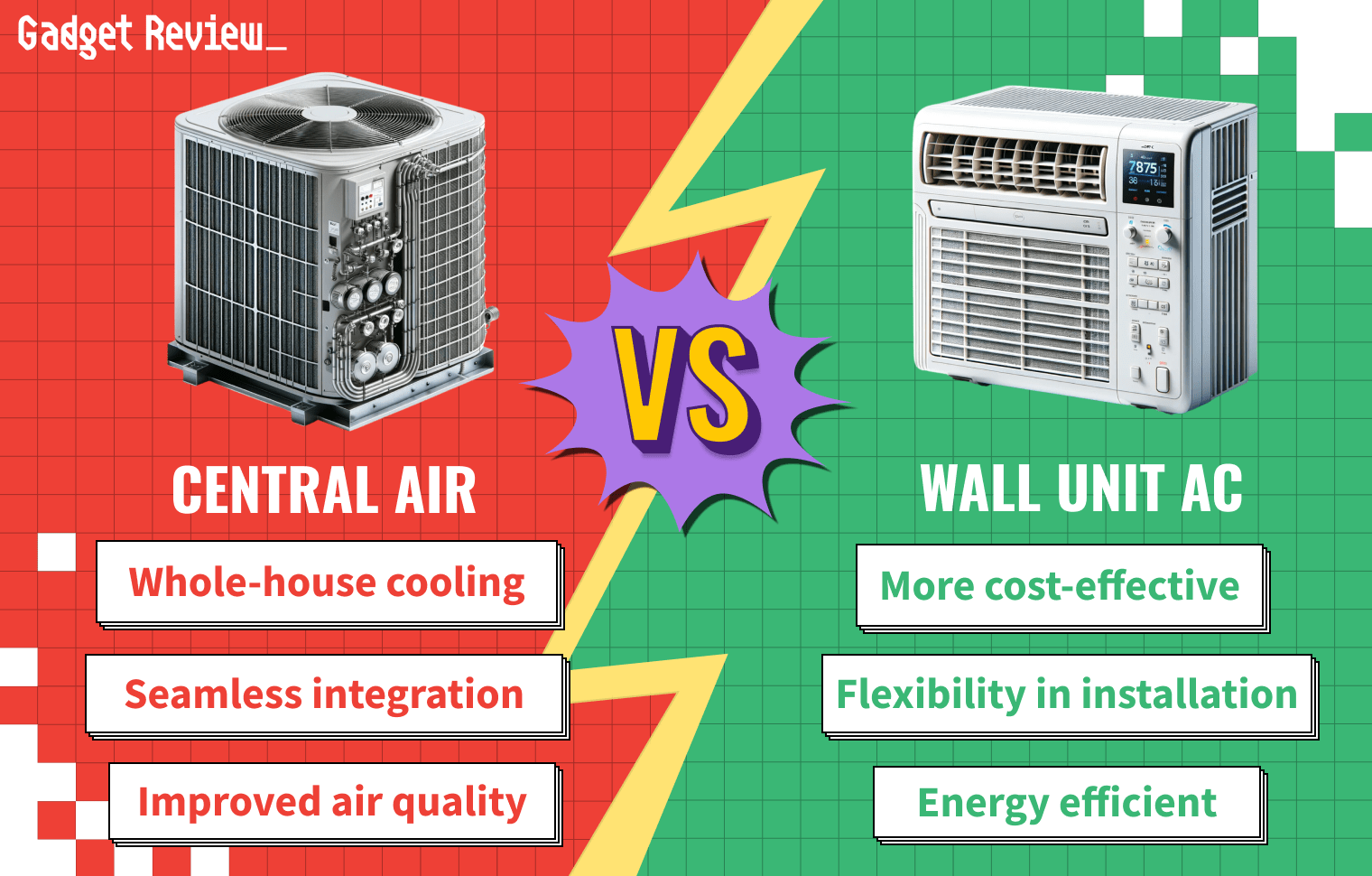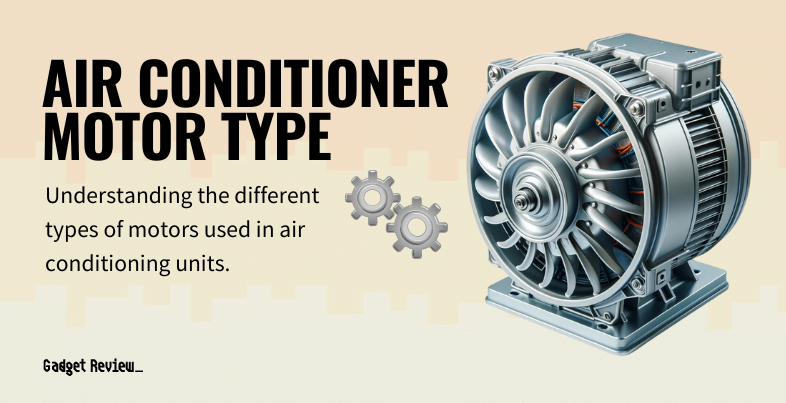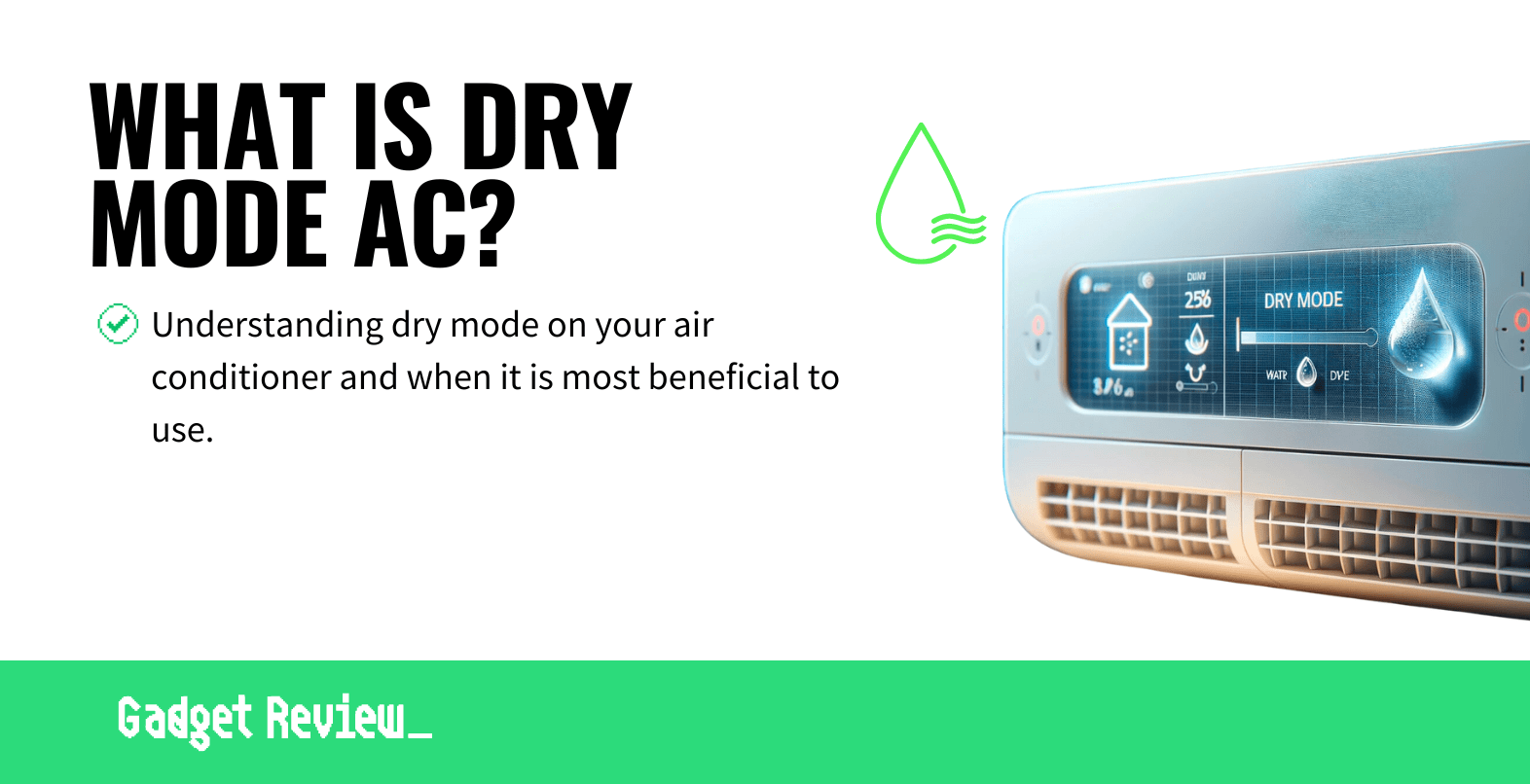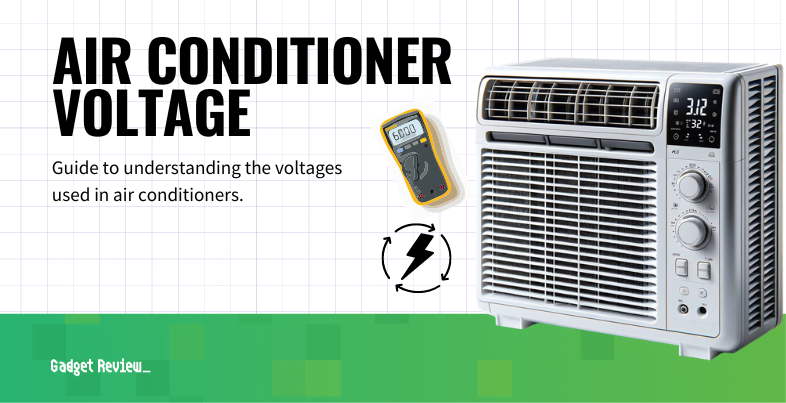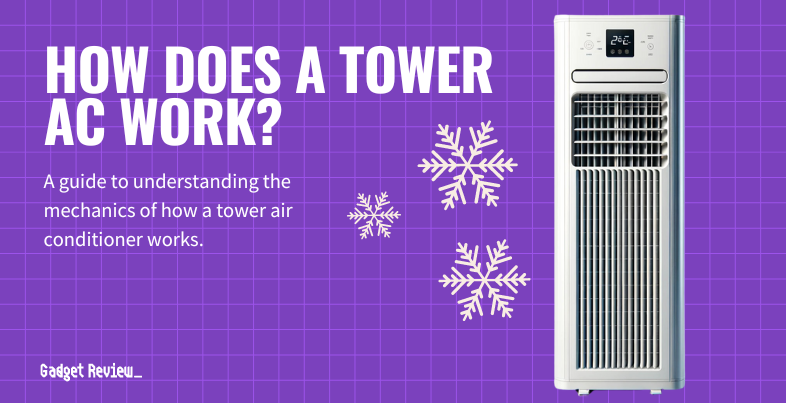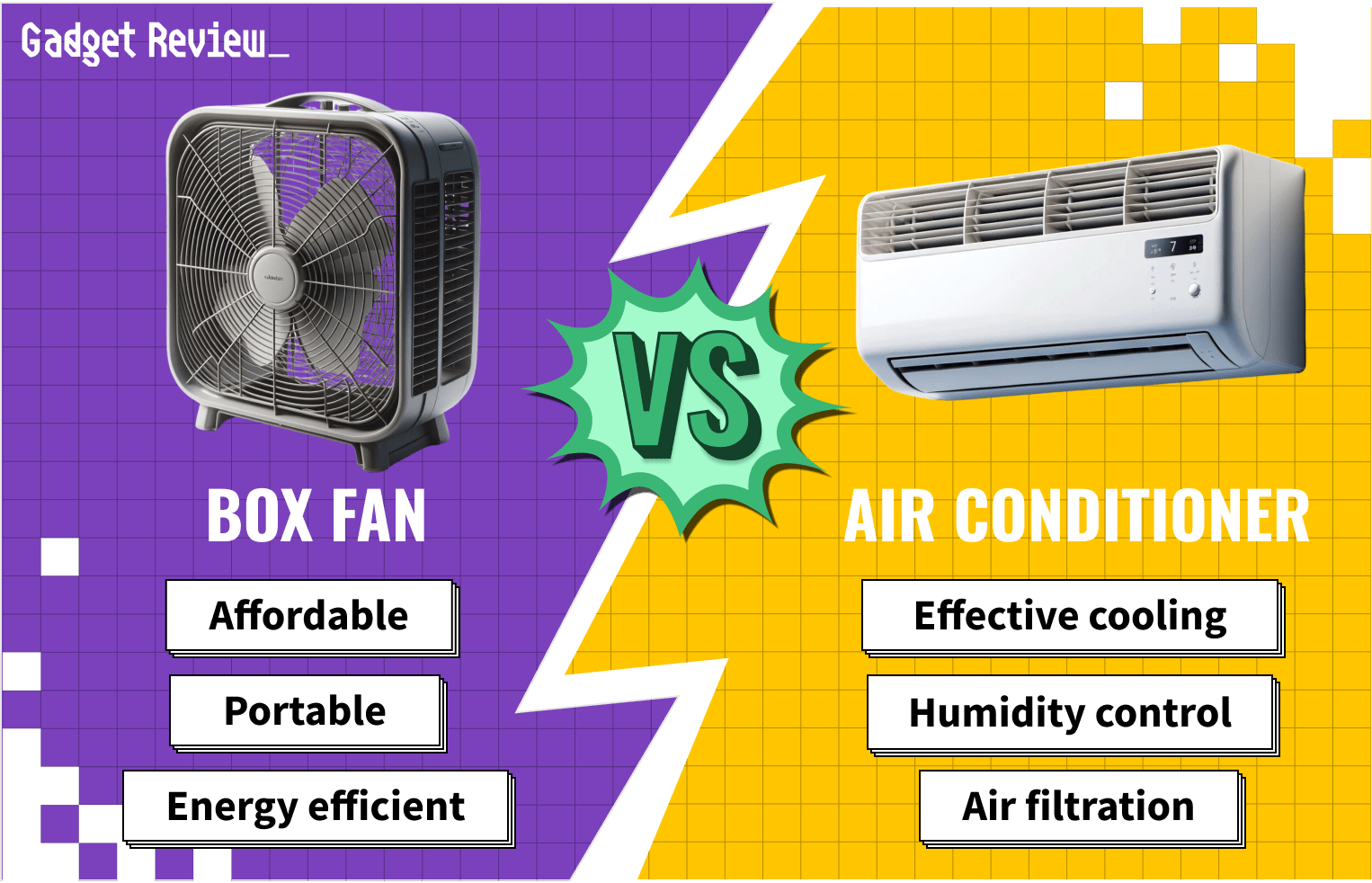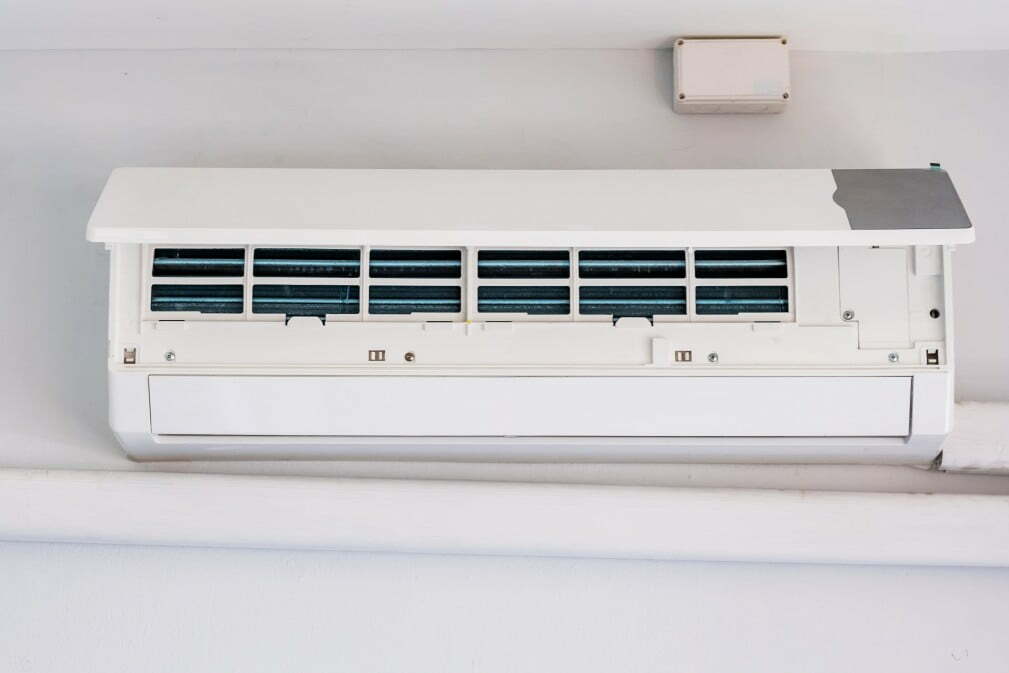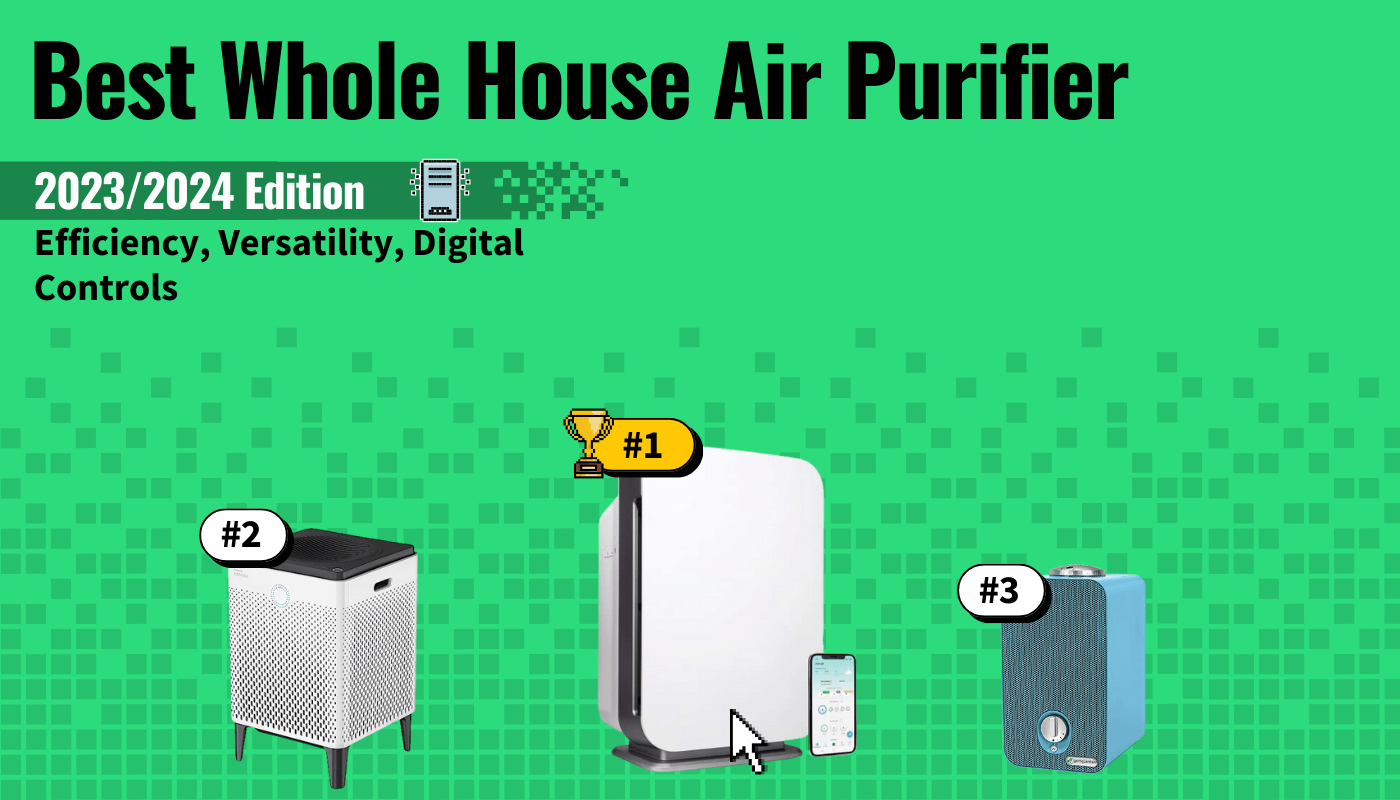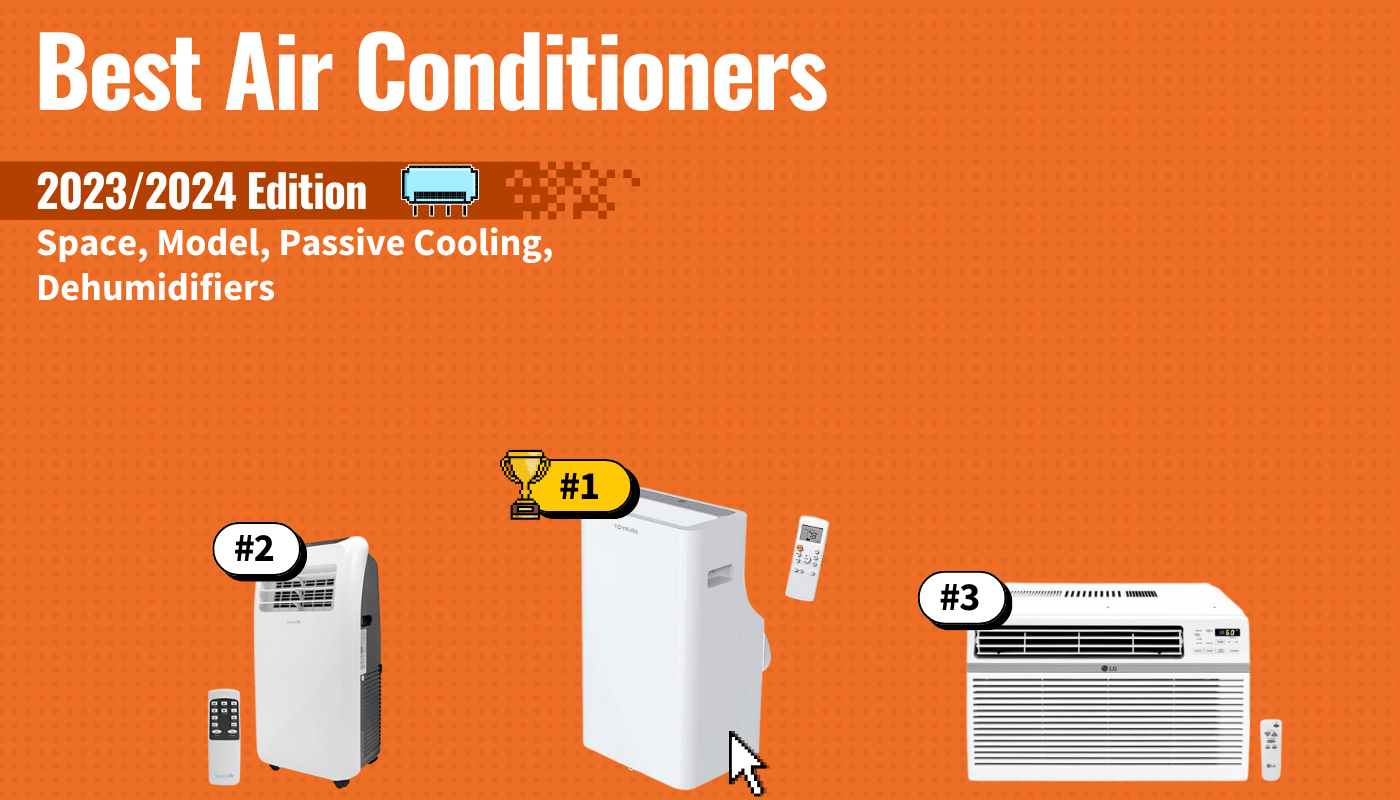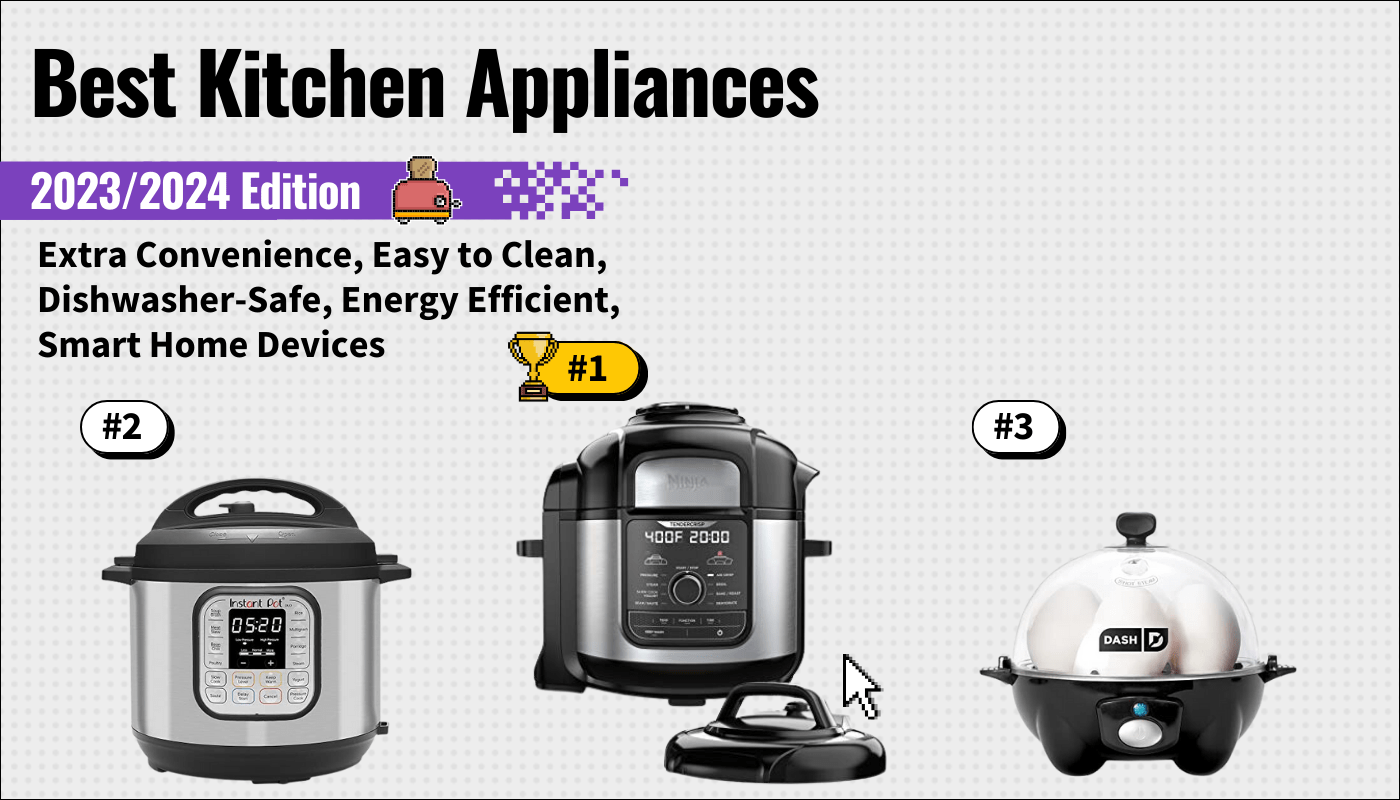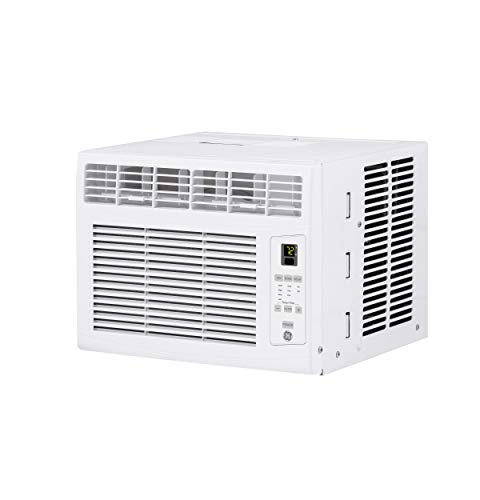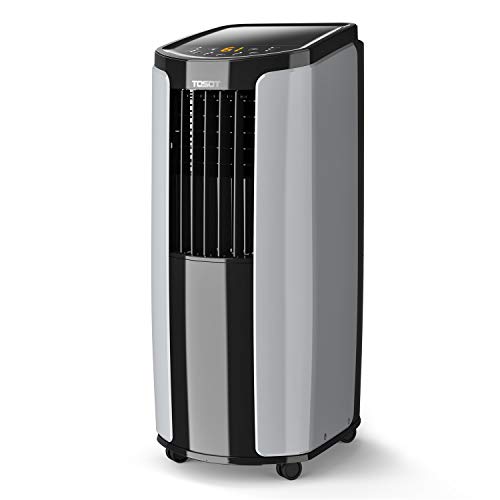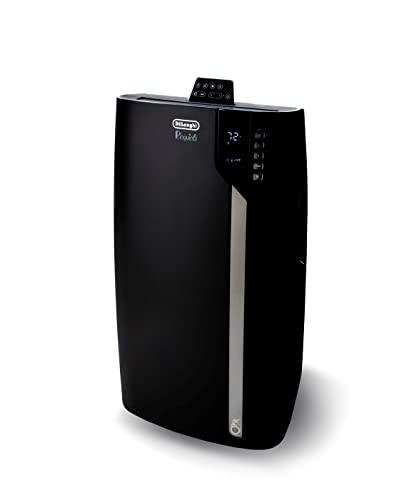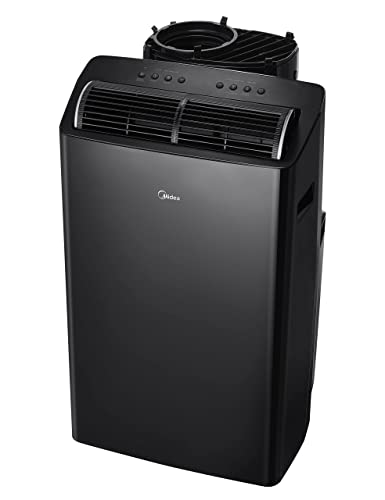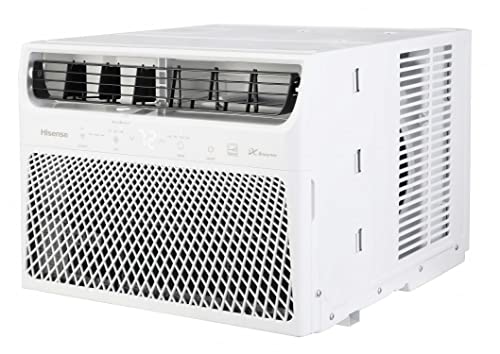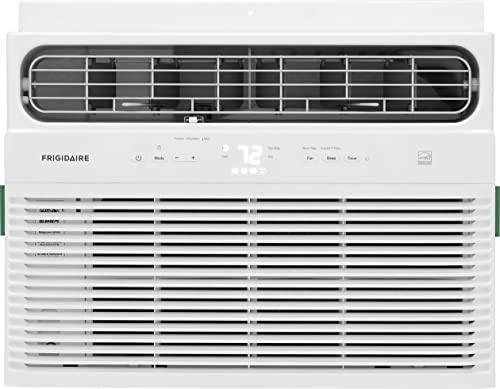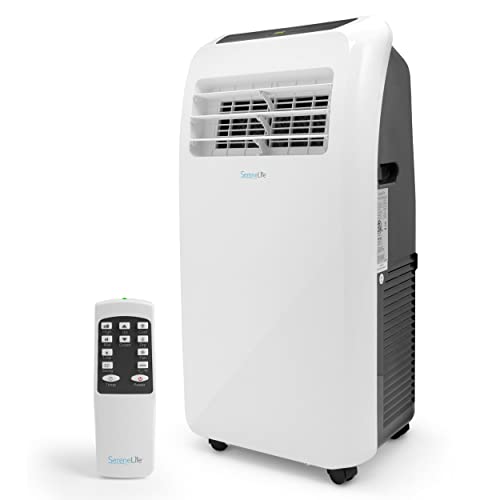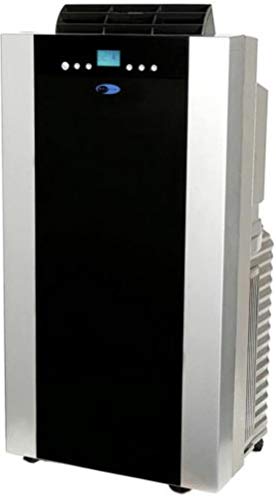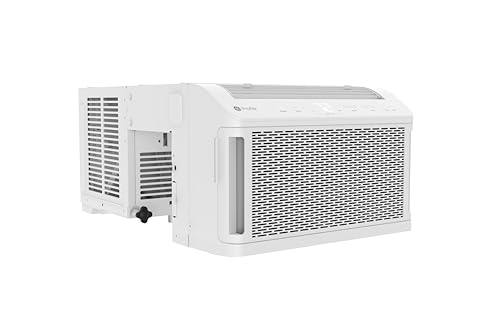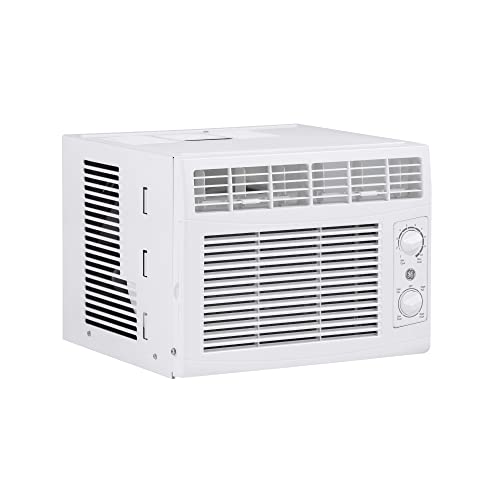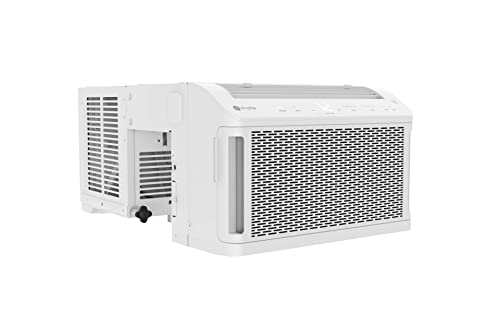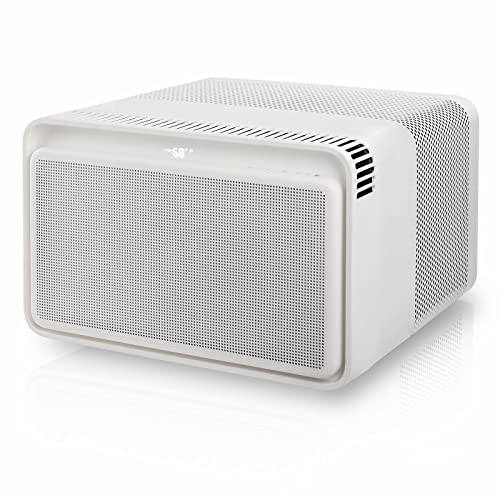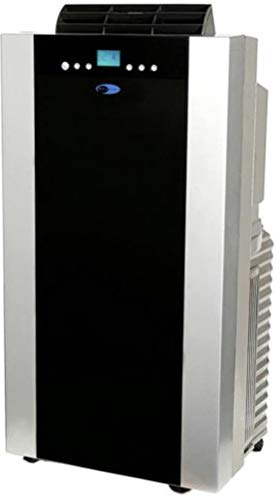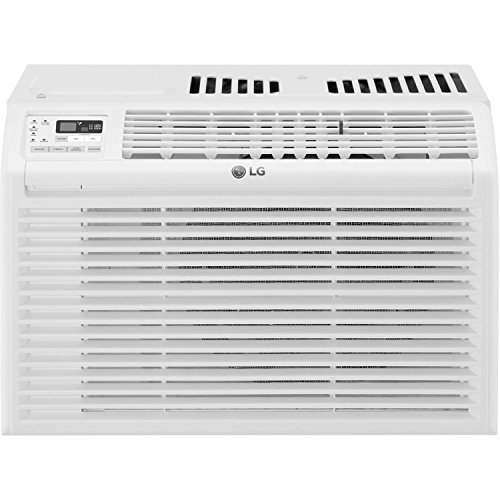When it comes to cooling commercial facilities, the choice between chillers and air conditioners is pivotal. Both systems serve to regulate temperature but do so in fundamentally different ways. Selecting the best air conditioner involves considering factors such as energy efficiency, cooling capacity, and the specific needs of the space. This article explores each system, key differences, and how to choose the right one for your needs, ensuring energy efficiency and cost-effectiveness.
Key Takeaways_
- You can expect to use an air conditioner in your home or other small spaces, usually with an indoor and outdoor unit.
- Air chillers are used in each facility or factory for many manufacturers and cooler open spaces because the chiller can reach lower temperatures than an AC.
- Air conditioner and air chiller processes resemble each other greatly, but there are subtle differences in their uses and efficiency.
Differences Between Chillers and Air Conditioners
Understanding the key differences between chillers and air conditioners is crucial for making an informed decision.
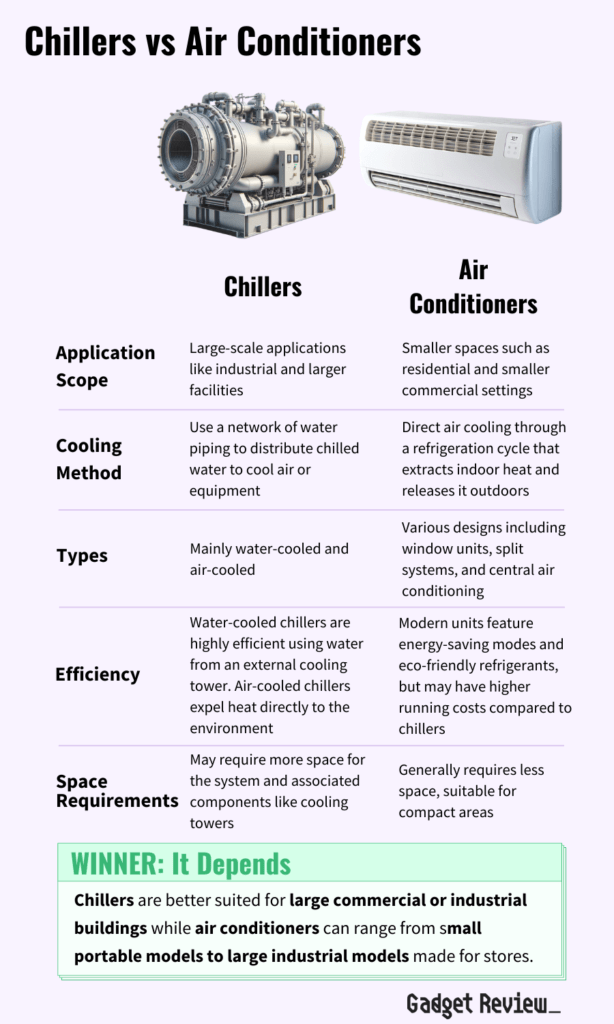
Chillers are designed for large-scale applications, offering a high cooling capacity ideal for industrial and larger facilities.
They use a network of water piping to distribute chilled water to air handling units or fan-coil units throughout a building.
Air conditioners, conversely, are typically used for smaller spaces, relying on direct air cooling and a more straightforward refrigeration cycle.
The installation costs, space requirements, and energy efficiency of these systems vary significantly, influenced by the facility’s size, the local environment, and specific cooling needs.
For those seeking a more flexible solution in spaces where traditional ducted systems are impractical, the best ventless air conditioner might be an attractive option, providing cooling without the need for external venting.
What is a Chiller?
Chillers are complex systems designed to remove heat from a liquid via a vapor compression or absorption cycle. This chilled liquid then cools air or equipment in a wide range of applications, from industrial facilities to large commercial spaces.
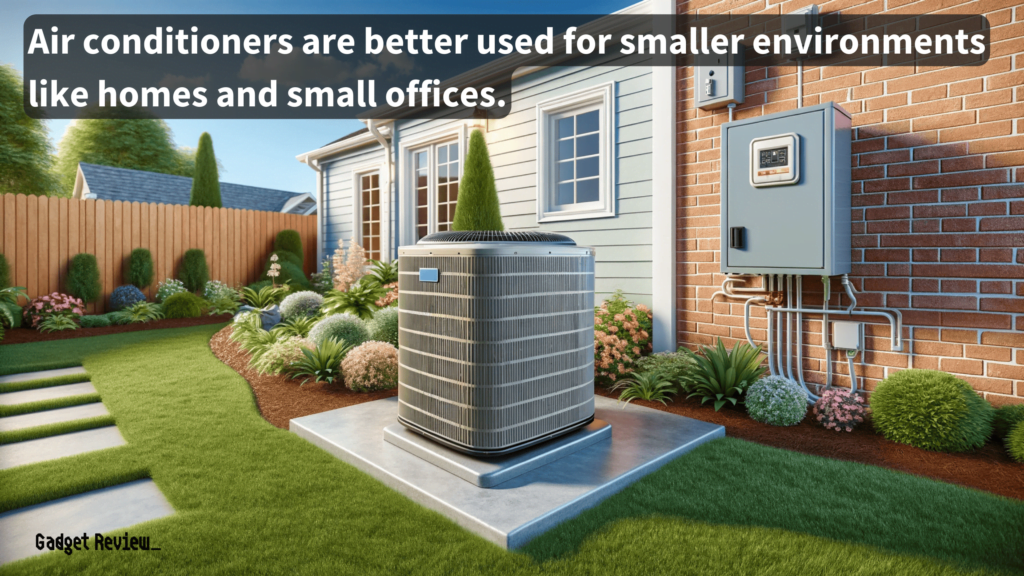
Chillers can be categorized mainly into water-cooled and air-cooled types, each with distinct advantages.
- Water-cooled chillers are known for their efficiency, using water from an external cooling tower to reject unwanted heat.
- Air-cooled chillers, on the other hand, expel heat directly to the environment through condenser coils, making them suitable for areas with limited water resources.
STAT: MRI machines, cooling equipment, assembly processes, and tooling equipment use chiller-driven refrigerants. (source)
The choice between chiller types often depends on factors like the availability of water, space constraints, and the specific cooling needs of a facility.
What is an Air Conditioner?
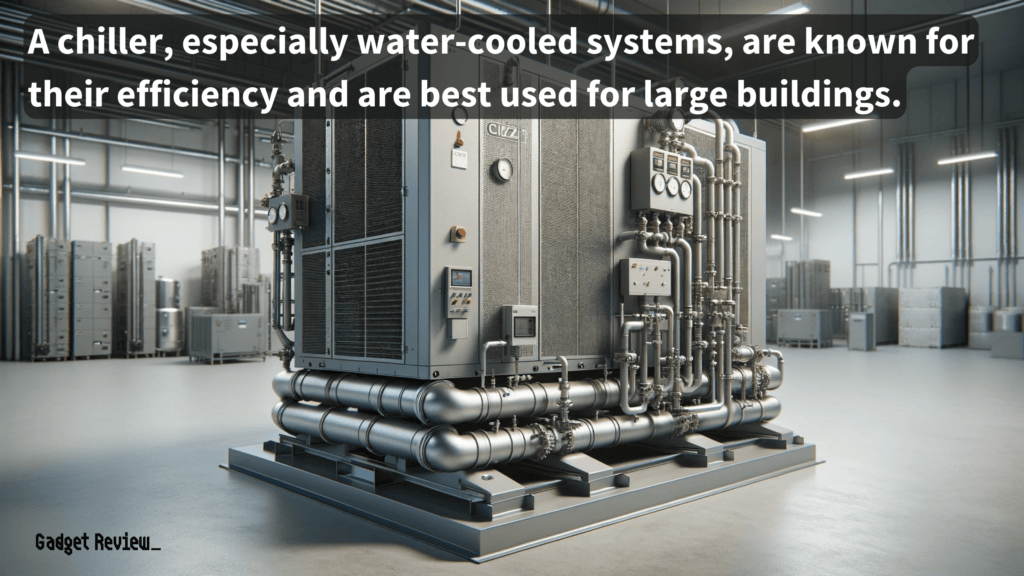
Air conditioners, familiar to most, work by extracting heat from indoor air and releasing it outdoors. They utilize a refrigerant that cycles through evaporator and condenser coils, changing from gas to liquid as it absorbs and ejects heat.
This process not only lowers the air temperature but also reduces humidity levels, enhancing comfort in residential and smaller commercial settings.
insider tip
An air conditioner cools the house without using an additional refrigerant.
Air conditioning units come in various designs, from compact window units to extensive central systems, tailored to different installation environments and cooling demands.
The core components, including the outdoor unit, evaporator coil, and refrigerant piping, work together to maintain a comfortable indoor environment, making air conditioners a versatile solution for conditioning in buildings.
Pros and Cons
Each cooling system has its advantages and disadvantages.
Chillers, particularly water-cooled types, are highly energy efficient and capable of cooling vast areas but come with higher initial costs and maintenance requirements.
Air conditioners offer easier installation and lower upfront costs but may have higher running costs and are less suitable for cooling large, open spaces.
The choice between the two often comes down to the specific needs of the facility, including the available space, the intensity of cooling required, and budget constraints.
Cost Comparison and Considerations
When comparing the costs of chillers and air conditioners, it’s essential to consider both initial investment and long-term expenses.
Chillers typically have higher installation and maintenance costs but can be more cost-effective for cooling large spaces over time due to their energy efficiency.
Air conditioners, while cheaper to install, may lead to higher energy costs, especially in settings with extensive cooling needs.
Evaluating the total cost of ownership, including energy cost, maintenance expenses, and potential savings, is crucial for making a cost-effective choice.
Making the Right Choice for Your Needs
Selecting the right cooling system involves assessing your facility’s specific requirements. Consider the size of the space, the cooling capacity needed, and the installation environment.
For large commercial spaces or industrial facilities, a chiller might be the most efficient option, offering powerful cooling and energy efficiency.
Smaller commercial spaces, like retail shops or small offices, might benefit more from the flexibility and lower initial costs of air conditioning units.
Consulting with HVAC professionals can provide tailored advice, ensuring the chosen system meets your cooling needs effectively.
Sustainability and Environmental Impact
Energy efficiency and environmental impact are increasingly important considerations. Chillers, especially water-cooled models, are generally more energy-efficient, reducing the overall carbon footprint of a facility.
Innovations in chiller technology, like absorption chillers that use heat sources instead of electrical power, offer even more sustainable options.
Air conditioners have also seen improvements, with modern units featuring energy-saving modes and eco-friendly refrigerants.

warning
An air conditioner cannot decrease the temperature enough for some large spaces, so an air chiller can be used instead.
Choosing a system that balances cooling needs with environmental considerations is key to sustainable operation.
Ultimately, deciding between a chiller and an air conditioner for your facility involves weighing various factors, from cooling capacity and space requirements to energy efficiency and cost.
While chillers are suited for large-scale, energy-intensive cooling, air conditioners offer a versatile solution for smaller spaces. Understanding the specific needs of your facility, along with the pros and cons of each system, will guide you to the most effective and efficient cooling solution.
Remember, consulting with HVAC experts can provide valuable insights, ensuring your cooling system not only meets your current needs but also adapts to future demands.
For more comparisons check out our pages on multi-split air conditioner vs single-split, as well as a box fan vs air conditioner for other great cooling options.

